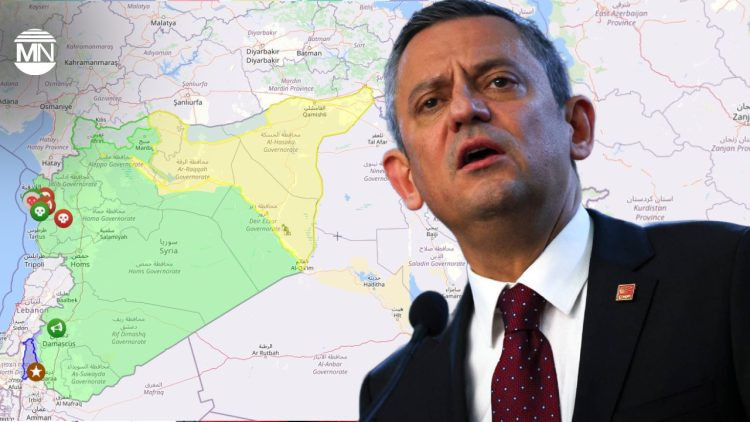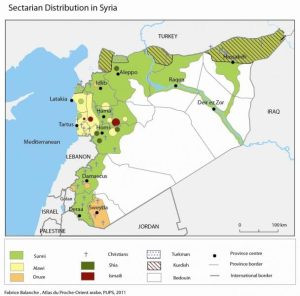Turkey’s opposition leader Özgür Özel urged the AKP-MHP government to engage with Damascus to prevent civilian casualties amid escalating violence in Syria’s coastal regions. He criticised Turkey’s Syria policy, warned of deepening sectarian conflict, and called for inclusive dialogue.

Turkey’s main opposition leader, Özgür Özel, has called on the ruling Justice and Development Party-Nationalist Movement Party (AKP-MHP) government to urgently engage with Damascus to stop civilian casualties amid escalating violence in Syria’s coastal regions. The call from Özel, leader of the Republican People’s Party (CHP), comes as clashes between Alawite insurgents and forces led by the Hay’at Tahrir al-Sham (HTS)-backed interim government intensify, resulting in scores of civilian deaths and heightened sectarian tensions. Recent reports indicate that at least 70 people have been killed in fierce fighting in coastal provinces including Latakia, Tartous and the outskirts of Baniyas, highlighting the significant instability following the departure of Bashar al-Assad in December 2024.
“The Turkish government must take decisive action to prevent civilian deaths by initiating a productive dialogue with the Damascus government,” Özel said via social media. He stressed solidarity with the “entire Syrian population” to avert a deepening sectarian conflict, and urged the Turkish government to abandon rhetoric and focus on tangible results.
The violence has particularly affected Syria’s Alawite community and has caused great concern among related groups in Turkey. Özel highlighted escalating fears of massacres against minorities, citing in particular attacks on Alawite civilians and religious sites by HTS-affiliated groups. He stressed that Turkey, which has been deeply involved in the Syrian crisis since it began in 2011, must proactively contribute to regional peace and stability rather than exacerbate divisions.

Özel also criticised the Turkish government’s earlier optimistic narrative on Syria, which he described as a ‘false spring narrative’ that has collapsed in the face of renewed violence. He accused the AKP government of short-sighted policies that ignored the complex ethnic and sectarian realities on the ground.
Turkey, which has been deeply affected by the Syrian crisis since 2011, has been criticised for its support of the centralised HTS-led government, which faces growing opposition from marginalised groups, including Alawites, Druze and Kurds. Observers note that Ankara’s stance has contributed to growing tensions rather than facilitating inclusive governance. Using guerrilla tactics and strategic ambushes, Alawite insurgents have managed to take control of key areas, including at least one airfield in Latakia, raising fears of a wider conflict.
The Autonomous Administration of North and East Syria (AANES) has joined calls for dialogue and urged an immediate cessation of hostilities to prevent further humanitarian catastrophe. It has criticised all parties involved for ignoring Syria’s diverse ethnic and sectarian fabric, and has called for inclusive discussions to resolve the crisis peacefully.
As tensions rise, Özel stressed that his party is in constant contact with the Turkish authorities to address the community’s concerns and underlined the urgency of government intervention to stabilise the rapidly deteriorating situation. He called on Turkey to use diplomatic channels effectively and to focus on long-term stability rather than short-term political gains.

